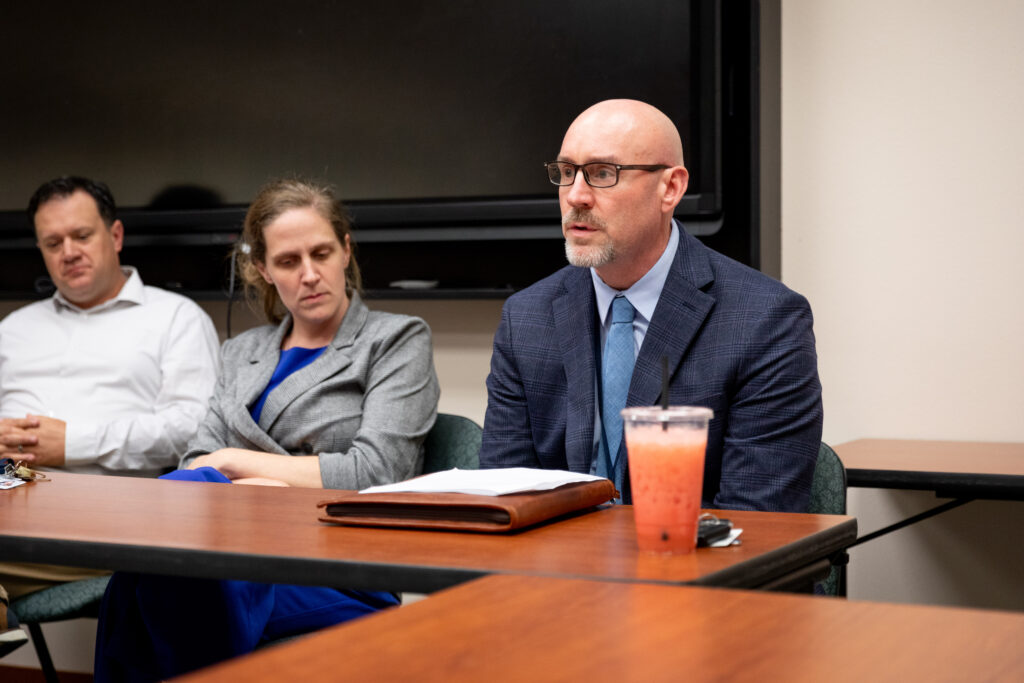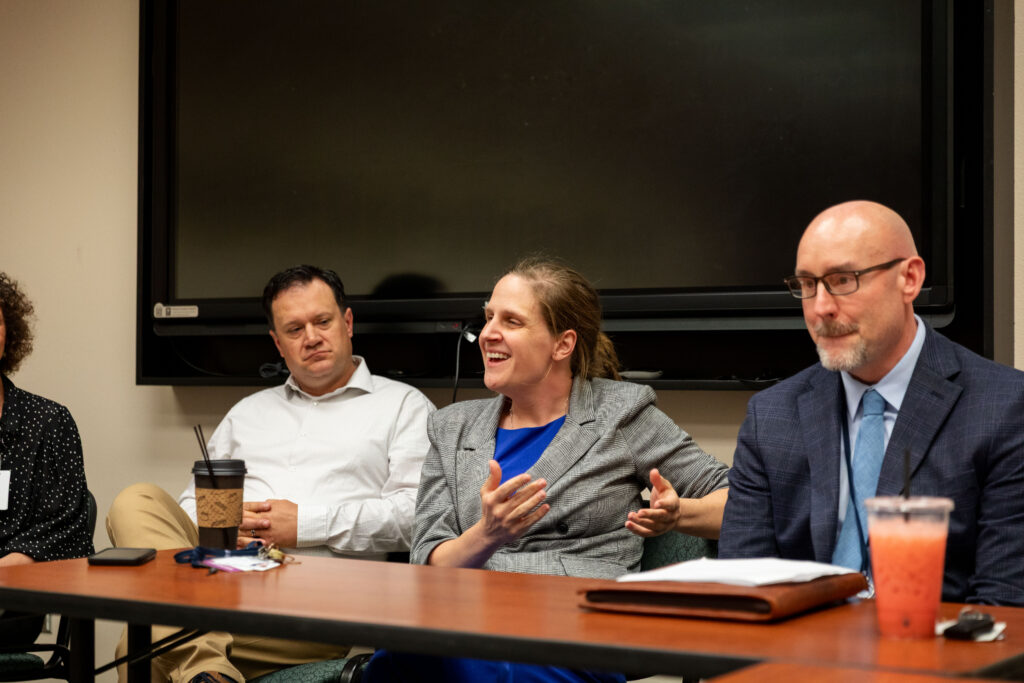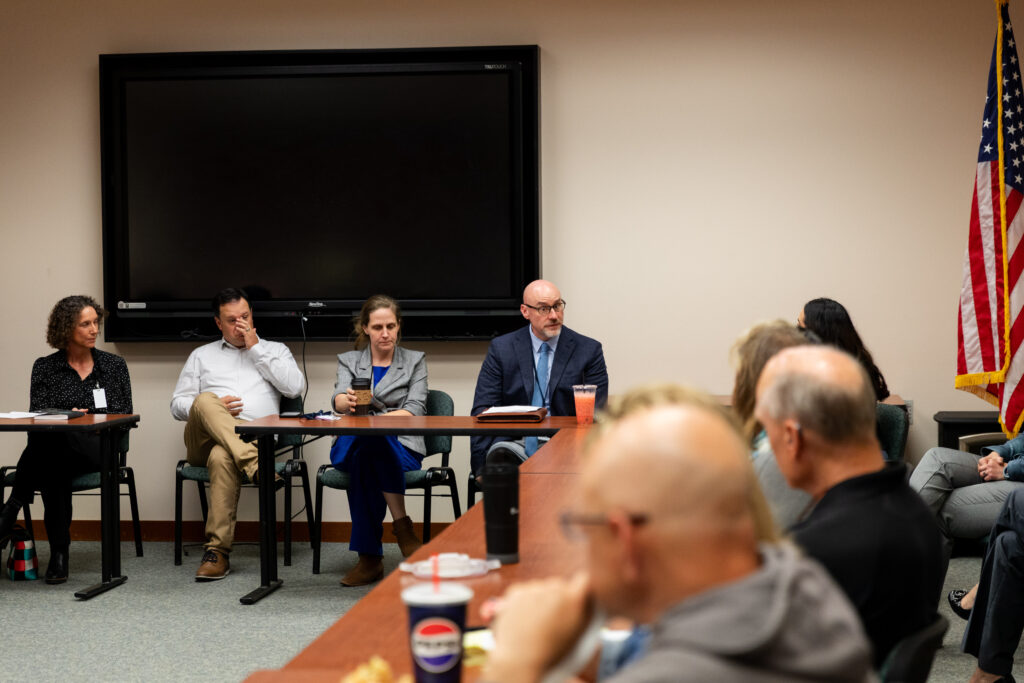On Wednesday, May 21, Comprehensive Healthcare participated in a powerful community event hosted by the Yakima Chamber of Commerce – “Lunch & Learn: Substance Use, Trauma, and Mental Health – What’s Available, What’s Working, What’s Next.” The panel featured representatives from several local organizations working on the front lines of behavioral health, including Comprehensive’s Dr. Gillian Zuckerman and Jon Schlenske. Alongside our representatives were Jason Johnston from the Yakima Union Gospel Mission, Angela Bazan from NAMI Yakima, and Dr. Jamie Simmons from Triumph Treatment Center.

The discussion centered on what’s currently working in our community, what gaps remain, and how we can continue building stronger support systems. One of the most prominent themes was the urgent need for timely access to care. Jon Schlenske shared about our new SUD same-day access program, highlighting how crucial this service is to ensuring people can receive access to care right when they need it. He noted that when someone seeks help, the window to engage with them can be very small – immediate access can mean the difference between life and death.
Dr. Zuckerman spoke passionately about the role of harm reduction in recovery. She reminded attendees that any forward movement towards recovery should be celebrated, even if it doesn’t look like the traditional version of success. Jason Johnston echoed that idea, saying that being “whole” looks different for everyone. Their words underscored the importance of meeting people where they are and supporting them through incremental progress.

In addition to access to care, all panelists agreed that a medical detox center is one of Yakima’s most pressing needs moving forward. As substances like fentanyl continue to pose significant dangers, the ability to safely detox under medical supervision has become vital. Without these services, the risk of fatal outcomes during withdrawal is far too high.
In addition to medical care, housing was discussed as a critical barrier to long-term recovery. Many individuals are ready to transition into stable housing, but local waitlists can stretch to a year or longer. As one panelist noted, even if everyone in Yakima’s homeless population were ready for housing today, there wouldn’t be enough places for them to go.
The conversation also highlighted the importance of integrated care and the role of CCBHCs. Coordinated services in a single location can significantly reduce barriers, particularly for individuals who lack reliable transportation or struggle to navigate complex healthcare systems. Integrated models ensure that mental health, substance use, and primary care services work together to meet patients’ needs more effectively.
The event concluded with a focus on collaboration. Panelists shared examples of successful partnerships already happening in Yakima, even among the organizations represented on the panel, and emphasized that addressing behavioral health challenges requires the entire community working together. Dr. Simmons from Triumph emphasized how recovery efforts ripple outwards, helping individuals, families, and communities thrive as a whole.
Finally, panelists encouraged the community to get involved by supporting policies that expand access to care and working to destigmatize the treatments that save lives. As the discussion made clear, progress is possible, and it happens when we come together.
We’re proud of the voices Comprehensive Healthcare brought to this conversation and thankful to all who participated in this critical dialogue.



